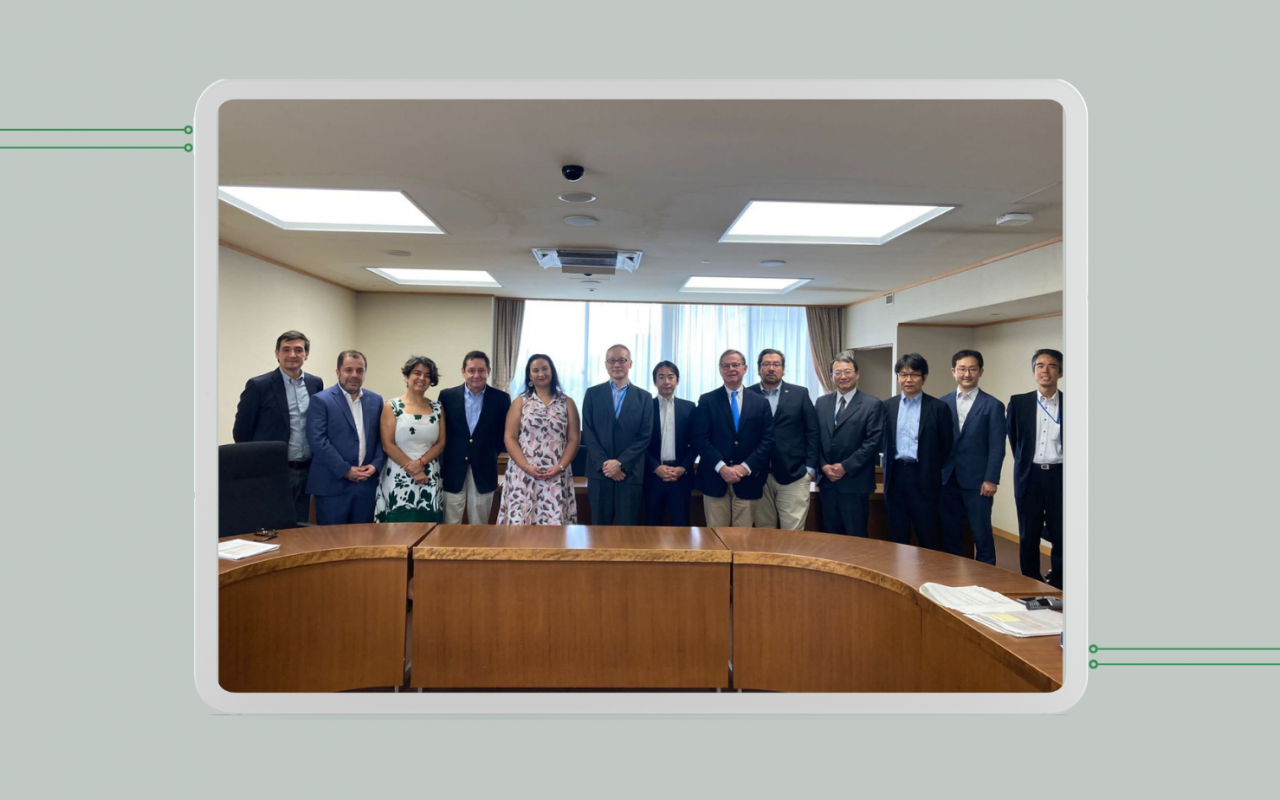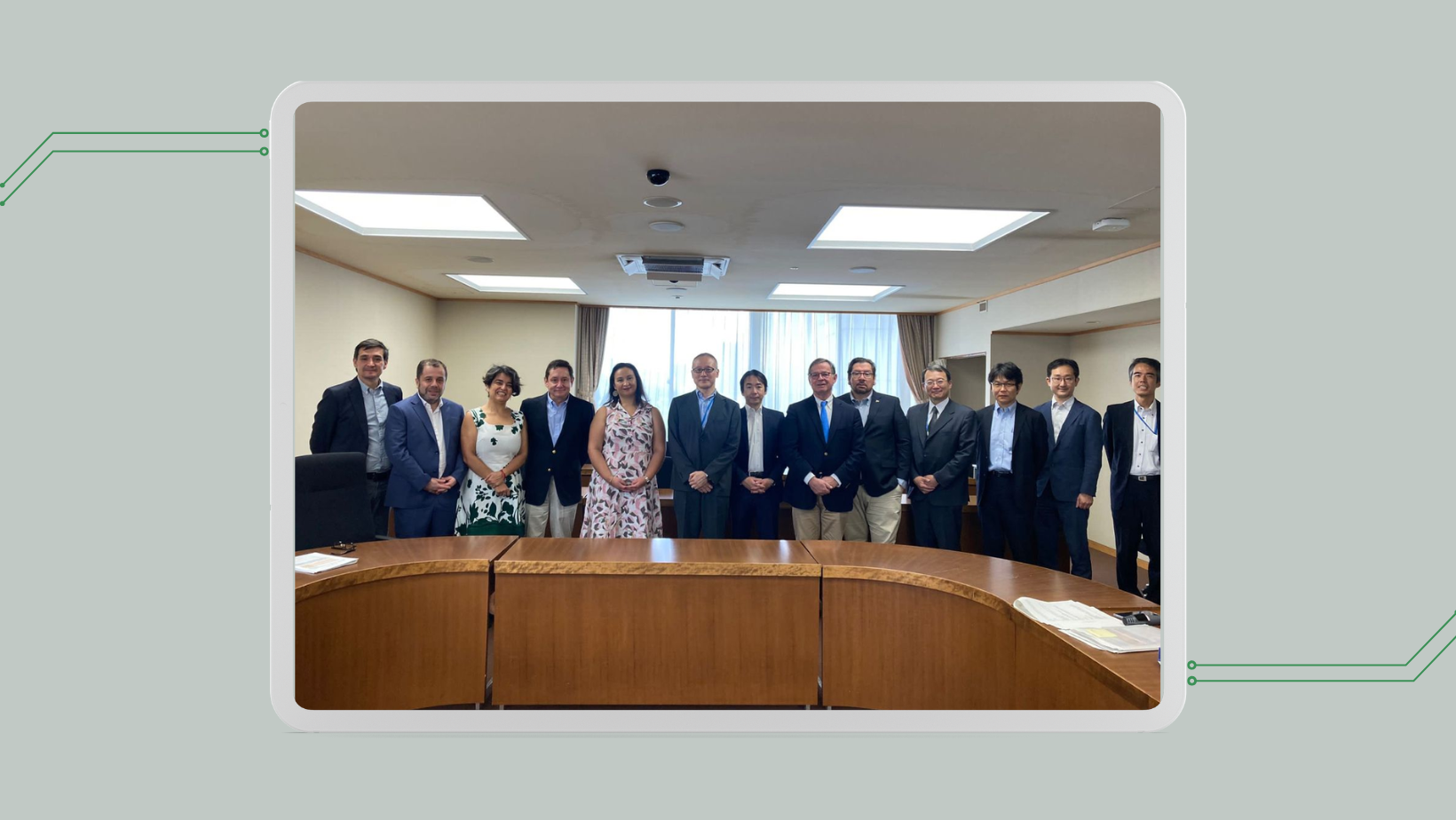
Chilean government spearheads proactive work to protect the swine industry against ASF with support from ChilePork
African Swine Fever (ASF) is posing a significant threat to the global swine industry. In light of this, the Chilean government has been promoting a zoning protocol and has held strategic meetings with authorities in China, Japan, and South Korea, the main export markets for Chilean pork. The aim is to prevent and mitigate potential […]

African Swine Fever (ASF) is posing a significant threat to the global swine industry. In light of this, the Chilean government has been promoting a zoning protocol and has held strategic meetings with authorities in China, Japan, and South Korea, the main export markets for Chilean pork. The aim is to prevent and mitigate potential impacts of this disease, thus guaranteeing the continuity of exports and protecting the country’s economy.
Since its onset in 2018, ASF has spread to more than 50 countries and impacted the swine industry on four different continents: Asia, Europe, Africa, and the Americas. It is essential to take proactive measures to protect Chile’s swine industry, given that 78% of the world’s pigs live in infected areas.
The Chilean Agricultural and Livestock Service (SAG) with support from ChileCarne, the association that represents the ChilePork brand under which Chilean pork is promoted in various countries, seeks to anticipate the entry of ASF into the country and establish zoning agreements with the main export markets for pork products. This approach, which is validated by the World Organization for Animal Health (WOAH) and internationally recognized, involves the delimitation of geographical areas where the disease is not present, with the objective of minimizing the commercial impact in the event of an outbreak.
The potential impact of ASF on the Chilean pork industry is significant. In addition to high farm mortality and the costs associated with disease control and eradication, there is a risk of market closures for more than three months. Chile is highly dependent on its pork exports, which account for approximately 70% of the industry’s annual production. The loss of these markets would have an extremely negative effect both economically and socially, with the loss of jobs and a shortage of good quality protein.
Examples of countries that have successfully implemented zoning protocols are France, which established an agreement with China; the European Union, which has reached agreements with South Korea; and Hungary, which has reached an agreement with Japan. These partnerships are essential to ensuring the continuity of exports and protecting Chile’s economy.
The model proposed by SAG and the Chilean pork industry for zoning in the event of an ASF outbreak includes the establishment of a “containment zone.” With an initial area of 10 km2, sanitary measures to isolate, contain, and eradicate the disease would be implemented within its confines. This includes culling pigs infected in the outbreak, washing and disinfecting facilities, as well as epidemiological investigations to identify the possible route of entry of the virus.
The work of ChileCarne and the Chilean pork industry is not only limited to preventing and mitigating ASF, but also to maximizing production efficiency, implementing best practices on farms, and using new poultry technologies, all within the framework of biosecurity. This demonstrates the pork industry’s comprehensive commitment, both internally and to its consumers.
